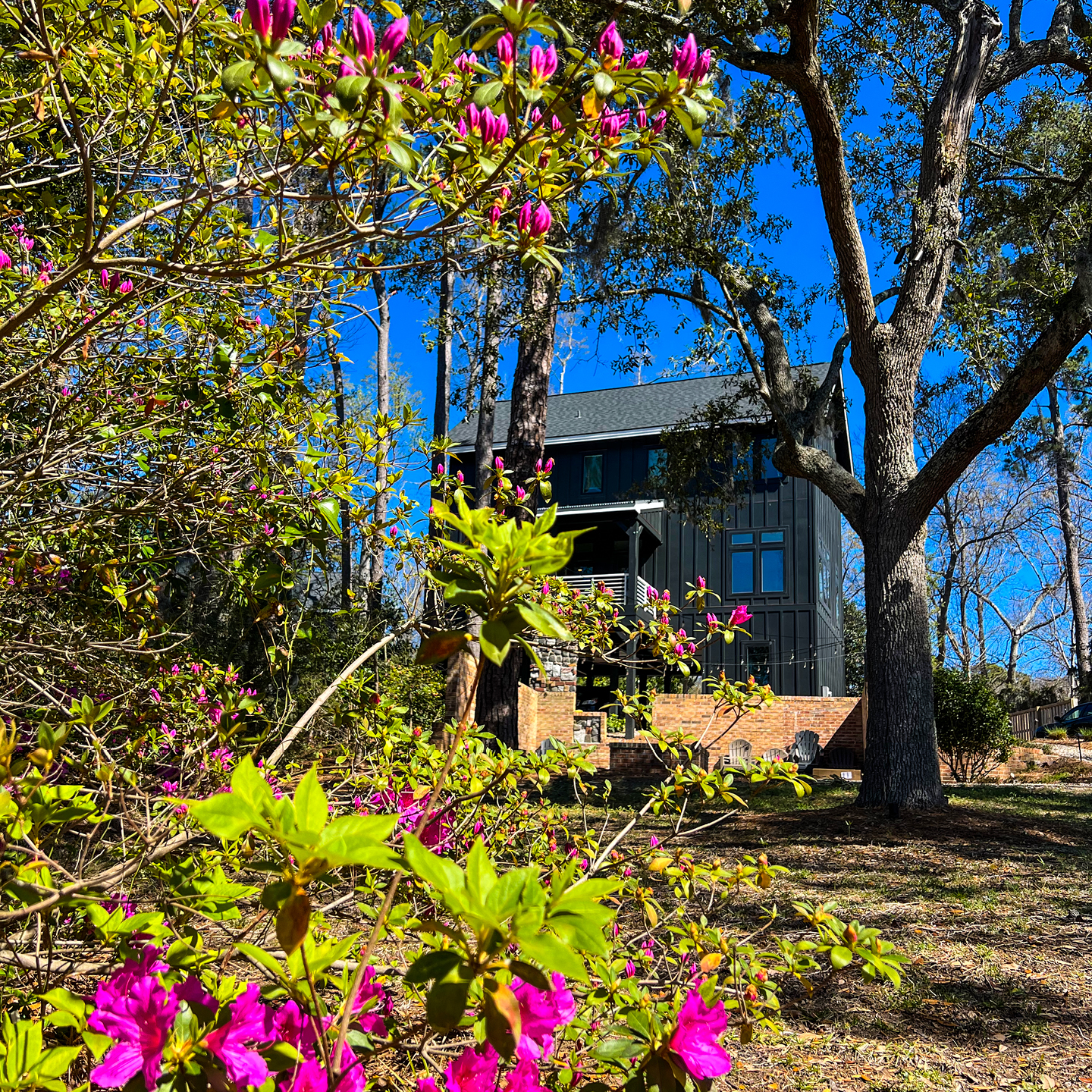Treating alcohol abuse in young women is not a homogenized endeavor. While the causes and consequences of alcohol addiction differ between men and women, they also differ among women and other women. “...age, ethnicity, sexual orientation, prior experiences of violence and sexual abuse, and type and severity of symptoms” can all affect the efficacy and types of treatment dictated. Thankfully, gender-specific programs exist which offer a spectrum of treatment modalities designed with young adult female alcoholics in mind. Keep reading to learn how female-specific treatment settings can provide the necessary tools for healing.
Women & Alcoholism
The rates of alcohol abuse in women have been steadily rising over the years. Women face unique challenges that men do not. Societal expectations, body images issues, sexual abuse, trauma, parenting, stigmatization can all lead to using alcohol as a coping mechanism. Unfortunately, due to biological reasons, “studies show that women start to have alcohol-related problems sooner and at lower drinking amounts than men…” This means women may need more comprehensive treatment and on a faster timeline than men. All of this adds up to needing gender-specific treatment programs which can cater to the distinctive needs of women in addiction.
The Role of Trauma
Many young women struggling with alcohol abuse have experienced trauma, whether it be physical, emotional, or sexual. Trauma can profoundly impact mental health, leading individuals to turn to substances as a means of self-medication and escape. Addressing the root causes of trauma is crucial for effective treatment and recovery.
Trauma-informed treatment programs believe that you should treat trauma alongside substance abuse and not as two separately occurring issues. Alcohol abuse is often a form of self-medicating the effects of trauma. As such, both should be treated together. With women experiencing higher rates of trauma than men, it’s imperative that trauma treatment be available.
Therapeutic Spectrum
Healing from alcohol abuse is no small endeavor. Every woman that enters treatment has their own story about what got them to this point. Each treatment plan is tailored to their journey. In order to do that, you need to have a variety of treatment modalities including:
- Group & Individual Therapy
- Co-Occurring Mental Health Treatment
- Medical Services
- Family Programming
- Social Support Resources
- Vocational Counseling
- Experiential Therapy
Integrating multiple clinical approaches into treating alcoholism in young women is crucial to long-term recovery. Psycho-social therapies like cognitive behavioral therapy and dialectical behavior therapy have been proven to be effective in treating depression, anxiety disorders, alcohol and drug use problems, marital problems, eating disorders, and severe mental illness.
12-Step Programs
For many, 12-step programs offer a supportive community and a structured approach to recovery. These programs provide a framework for acknowledging the impact of alcohol on one's life, making amends, and fostering spiritual and personal growth. The sense of community and shared experiences can be particularly beneficial for young women navigating recovery.
Holistic Healing Methods
In addition to traditional therapy and 12-step programs, some young women find solace in alternative healing methods. Mindfulness practices, yoga, and meditation can be powerful tools in managing stress and promoting self-awareness. Holistic approaches that address both the mind and body can complement traditional treatment modalities.
Treating alcohol abuse in young women requires a holistic and compassionate approach that considers the unique challenges they face. Building a robust support system and fostering a sense of empowerment are key elements in helping them reclaim their lives and build a future free from the shackles of alcohol abuse.
If you know a young woman struggling with alcohol abuse, call Momentum Recovery today. Our young adult female program, The Cove, was specifically designed to address the needs of women struggling with substance abuse. Call today for more information.

